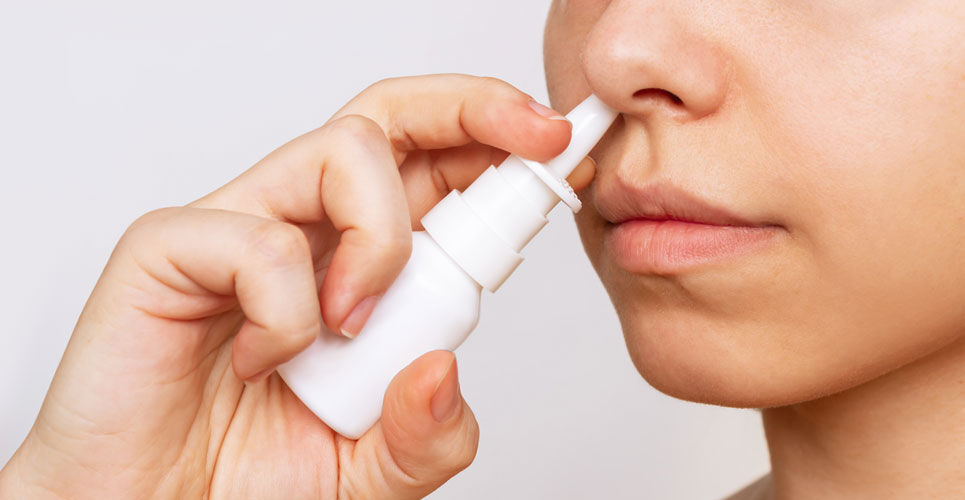Esketamine nasal spray induced remission from 6 weeks onwards compared to extended-release quetiapine in treatment-resistant depression
In data presented at the 31st European Congress of Psychiatry (EPA 2023) researchers found that in treatment-resistant major depressive disorder, esketamine nasal spray achieved significantly higher rates of remission from as early as week 6 compared to the use of extended-release (XR) quetiapine.
In the World Health Organisation European Region, depression is estimated to affect roughly 4.3% (or 40 million people) of the population. In addition, a US study of 36,309 adults reported that the 12-month and lifetime prevalence’s of major depressive disorder were 10.4% and 20.6%, respectively. Treatment-resistant depression (i.e., failure to respond to ≥2 treatments) affects 10-30% of those with major depressive disorder, and is associated with considerable morbidity and mortality. Esketamine nasal spray has been found when used in conjunction with an antidepressant to induce a significantly higher reduction in the Montgomery-Åsberg Depression Rating Scale (MADRS) score compared to placebo and an antidepressant. Additionally, antipsychotic agents such as quetiapine represent a potentially useful adjunct in treatment-resistant depression with a 2019 Cochrane review concluding that addition of an antipsychotic to current antidepressant therapy, improved depressive symptoms over the short-term. But how esketamine compares to agents such as quetiapine is unclear and the subject of the study presented at EPS 2023.
The findings presented at EPA 2023 are from the ESCAPE-TRD trial which directly compared esketamine with quetiapine XR in addition to a selective serotonin re-uptake inhibitor/serotonin-norepinephrine re-uptake inhibitor (SSRI/SNRI), in patients with treatment-resistant major depressive disorder, over 32 weeks. In the trial patients were randomised 1:1 to either esketamine or quetiapine plus an antidepressant and examined the effect of both on remission (defined as a MADRAS score less than or equal to 10) and response (defined as a greater than or equal to a 50% improvement in MADRAS score from baseline).
Esketamine nasal spray and treatment outcomes
A total of 676 patients were randomised to either quetiapine (340) or esketamine.
At Week 32, 55% of esketamine and 37% of quetiapine patients achieved remission. However, a significantly higher proportion of patients given esketamine achieved remission from week 6 (p = 0.008) onwards and a response from day 15 (p < 0.001).
The most common adverse effects from esketamine leading to treatment discontinuation were dizziness, dissociation and vomiting.
The authors concluded that an esketamine nasal spray use in patients with treatment-resistant depression led to a higher response and rate of remission over time compared to quetiapine XR.
Citation
Reif A. et al., Esketamine nasal spray shows higher remission and response rates over 32 weeks of treatment compared with quetiapine extended-release in patients with treatment resistant depression: Results from ESCAPE-TRD, a randomised, phase IIIb clinical trial. Presented at EPA 2023, March 25-28. Poster PO0067 (under oral communication 8)

